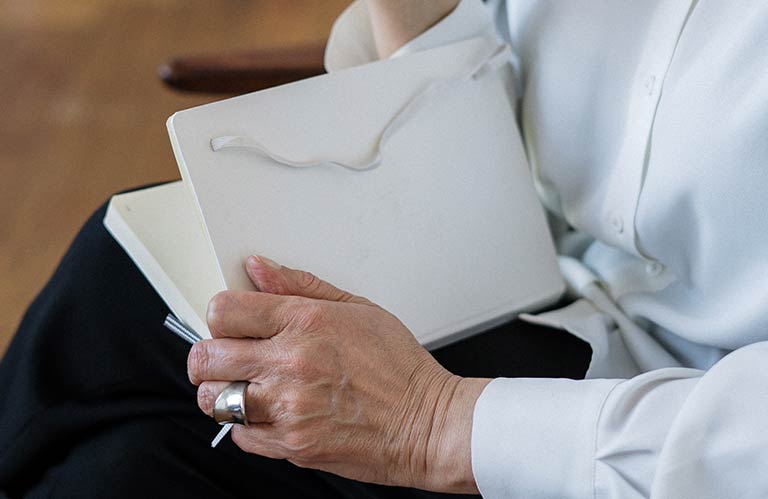Hello, my name is Bradley Bailyn,. I’m an attorney in New York City doing business law and this is my closing time podcast.
We’re gonna be talking about how to close your professional office lease, restaurant, lease, manufacturing facility, lease, whatever lease you’re trying to close in New York City. We’re going to talk about how you can accomplish that without giving up so much personal liability that you have nothing left if things go wrong. So.
All right. I had a client recently. I’d like to share his story with you because I think it’s highly illustrative. He’s a chef. He has twenty five years of experience. He’s in his 50s.
And he says, you know what? This is my time to shine. He forms a limited liability company. He gets together a few investors and they find a really nice space in a nice part of Manhattan. High traffic, other major restaurants are in the area, near Broadway. You know, it’s got everything. It’s the best. And he’s excited about it.
And the landlord of the restaurant, no surprise, is a shark. He knows what he’s doing. It’s not his first rodeo. His father was a landlord and his father was a landlord. And that’s why they own this building to begin with.
So the landlord and I had a discussion. The landlord basically said to me, “I don’t just lease space to anybody. I have to believe in their business. And I also have to be sure that I’m going to get paid in the case of this particular individual. He did not already have an established restaurant that he was looking to move that was making millions of dollars a year. So I asked him to see his tax return and his personal finances. And once I made myself comfortable with the fact that he had enough assets personally to guarantee me that I’m going to get paid under this lease, then I was willing to lease him this prime space that other people also wanted to lease. It’s not hard for me to find someone to lease to.”
So what was my client’s mistake? I, of course, was not his lawyer at the time that he negotiated the original lease. His mistake was that he was overly enthusiastic about things, which is typically people’s problem at the beginning of new relationships.
And he handed the landlord the keys to the castle. He accepted complete liability. And when he came to me, he had a few million dollars in personal assets and over a million dollars in liability to the landlord under the lease. How does a person get this kind of liability? By being irresponsible?
No, because there’s an acceleration clause in business leases in New York City, which says that if you breach the lease in any way, including going out of business and leaving early, then all of the rent becomes due immediately. In New York City for business leases, there is no duty to go find another tenant or anything like that.
Typically speaking, the tenants, the current tenant, is responsible for all of the payments under the lease, and those payments become due immediately upon a breach of the lease.
So I spoke to the landlord. I said, “You know, what can we figure out here? We’ve got to figure something out.” And the landlord says, “We’re not going to figure anything out because I don’t need to figure anything out. Your client is going to make all of the payments. I’ll give him a few months if he would like, if he needs to sell some securities or cash out his 401K or whatever else he may need to do. But at the end of the day, I won’t accept a penny less than everything due. And if we are further delayed, then I’m also going to expect statutory interest.” Obviously, this is not the first time that this landlord has done that.
So a very difficult situation.
We ended up finding a way to get some leverage over the landlord, which was not easy and it was very stressful and there was a lot of fighting involved. And at the end of the day, we were able to substantially reduce the client’s liability to the landlord. But still, he had to pay the landlord hundreds of thousands of dollars. There was just no way around that. Because he owed millions of dollars on the lease.
So what you need to keep in mind is that when you are negotiating an attractive lease with the landlord, the landlord is going to require some kind of assurance. If your business doesn’t have the credibility and the income to avoid personal liability, then you may need to accept personal liability. But there are many ways that you can limit the personal liability. You don’t want to just cross it off because then the landlord is going to say, “Listen, I’ve got 10 other good people, I don’t need this.”.
But a lot of times landlords, if they’re dealing with an experienced attorney who understands the industry and knows what’s reasonable and knows what’s not reasonable, it’s possible to propose something which is going to substantially limit the tenant’s liability and still give the landlord a pretty comfortable assurance that they’re going to get paid.
So, moral of this story is you’re probably very excited right now if you’re about to sign a new lease, but you’re going to have that acceleration clause in there. So it is your duty to yourself if you’ve got a lifetime of hard work in the form of savings in your name to find some way or another to limit your liability or otherwise protect yourself from having all of your money or most of your life savings lost in the event of an unexpected problem with your new venture.
Please feel free to give me a call.
If you have any questions you can text as well, or you can email brad@bailynlaw.com and I will answer your questions and I will also happily add you to the subscriber list for this podcast so you can learn about how to close all kinds of other contracts on terms that are not going to leave you dreadfully sorry later.
Thank you for listening and have a wonderful evening.


